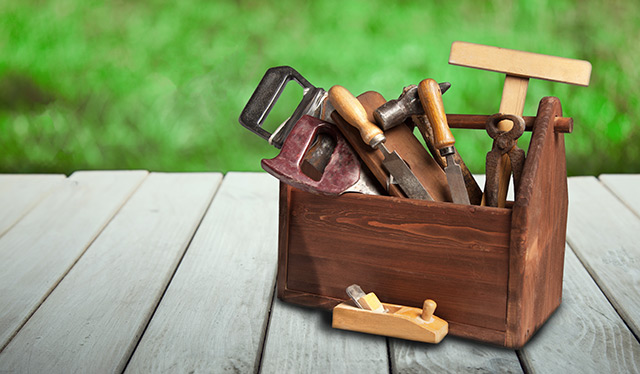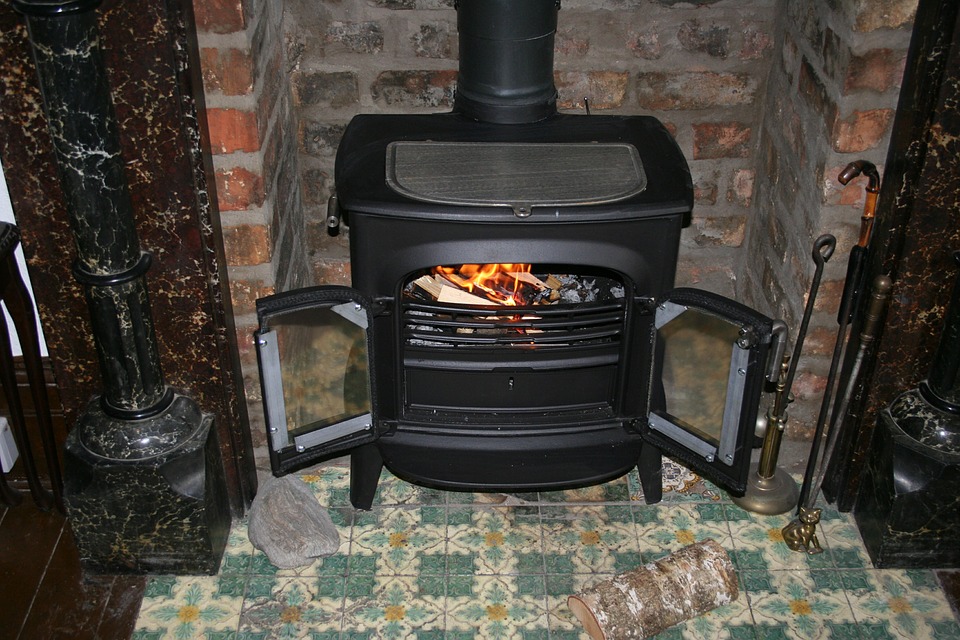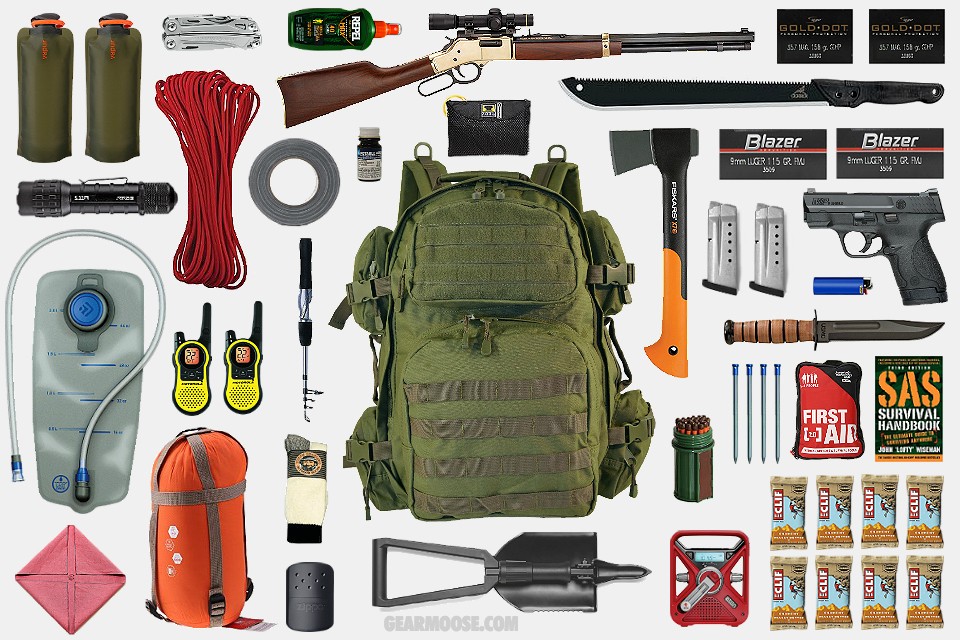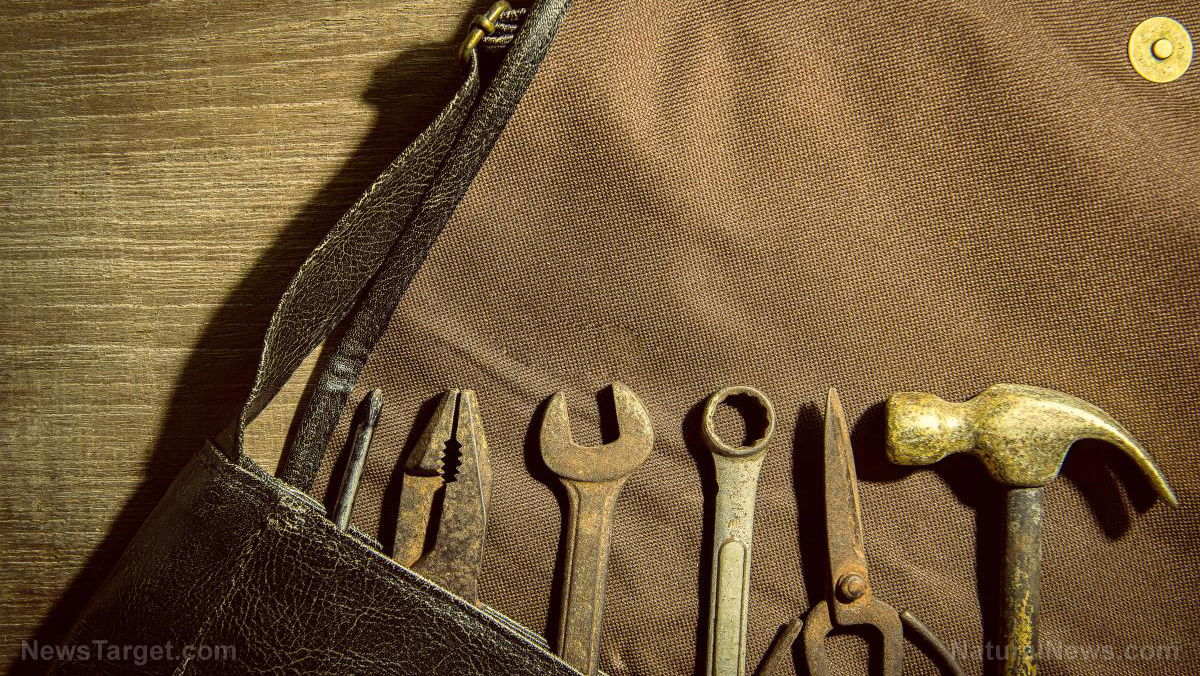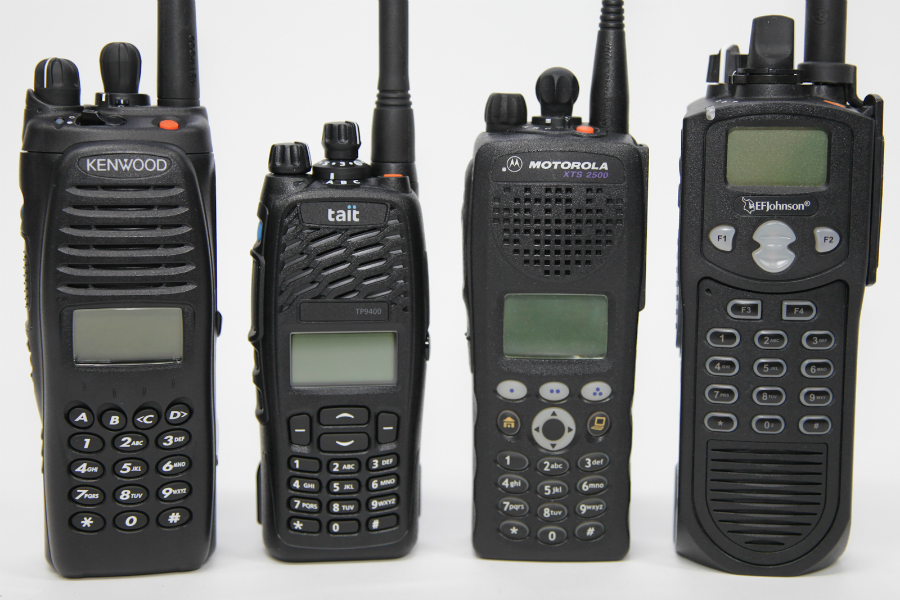A beginner’s guide to choosing and buying a shotgun
06/23/2020 / By Arsenio Toledo

If you’re interested in a great firearm for personal and home defense, then look no further than the trusty shotgun. But before you head off to your trusted gun store and buy one, you should learn more about the firearm you’re thinking of getting. (h/t to GunBacker.com)
What is a shotgun
A shotgun is typically a “smoothbore” firearm, or a gun that has no grooves (rifling) inside the barrel causing the bullet to spin. The shotgun is designed to fire several pellets per round, known as “shot.” The shot is contained in a plastic shell in shotgun ammunition. Shotguns have been around for centuries, and their simple design and ability to fire multiple projectiles per round has made them a popular choice for hunters.
Benefits of using a shotgun
Shotguns allow you to engage with different types of targets at shorter ranges. If you’re looking for a hunting weapon, shotguns can successfully take down many different kinds of game, from small targets such as birds to large ones like deer or bears. Plus, shotguns have a distinct advantage over handguns and rifles in that they can deliver more foot-pounds of energy per trigger pull.
If you plan to use the traditional shotgun shells that have multiple shots in them, then you have a greater chance of hitting your targets, especially in close range.
Limitations of a shotgun
The main disadvantage of using a shotgun is its limited range. Even when using shotgun slugs (large, solid bullets), you wouldn’t be able to reach out more than 100 to 150 yards in most cases. With shot, you would be lucky to get as far as 50 yards.
But, if you’re only planning to use shotguns for home defense, then this limitation shouldn’t be a hindrance. (Related: Self-defense basics: 4 Tips that will improve your situational awareness.)
Types of shotguns
As with many other firearms, there are different types of shotguns, which can fire using a variety of actions, or mechanisms. The three most popular shotguns are break action, pump action and semi-automatic.
A break action shotgun is almost universally the type of action found in double-barreled shotguns. This is the type of shotgun you might see in old Western movies. To load this shotgun, you would have to “break open the barrel.” It can be fired in rapid succession and can be very useful if you only need two rounds to defend yourself with, but the small ammo capacity can be a hindrance.
A pump action shotgun is one of the most common shotguns on the market. It can hold between four to nine rounds, depending on the length of the shotgun’s magazine tube. It is loaded with the help of a slide known as the fore-end. Once the shooter fires once, this fore-end is “pumped.” The pumping action ejects the spent cartridge from the magazine tube, cocks back the hammer and loads the next shell into the chamber. Pump action shotguns are reliable, cost-effective and their ability to fire several rounds make it a great home defense weapon.
The semi-automatic shotgun is so named because you don’t have to do anything to load the next shot. Similar to the break action, it can be fired multiple times before you need to reload, but where it differs is that the spent cartridges are mechanically ejected. Semi-automatic models are popular among sport shooters.
There’s a lot more you can learn about shotguns, but hopefully this beginner’s guide can help you choose whether or not you should get one and what kind of shotgun you might need.
Shotguns are complicated firearms, and there is a lot more you can learn about them at Guns.news.
Sources include:
Submit a correction >>
Tagged Under:
break action shotgun, double-barreled shotgun, firearms, guns, Home Defense, personal defense, preparedness, prepper, prepping, pump action shotgun, self-defense, semi-automatic shotgun, shotguns, SHTF, survival, survivalist, weapons
This article may contain statements that reflect the opinion of the author
RECENT NEWS & ARTICLES
COPYRIGHT © 2017 GEAR.NEWS
All content posted on this site is protected under Free Speech. Gear.news is not responsible for content written by contributing authors. The information on this site is provided for educational and entertainment purposes only. It is not intended as a substitute for professional advice of any kind. Gear.news assumes no responsibility for the use or misuse of this material. All trademarks, registered trademarks and service marks mentioned on this site are the property of their respective owners.




